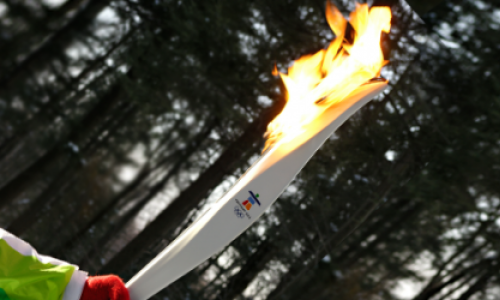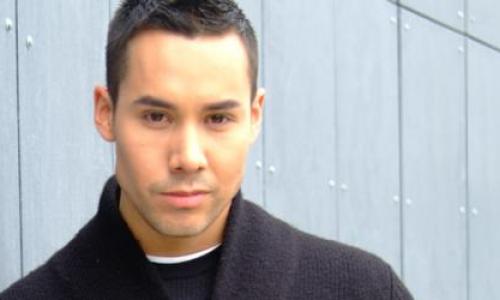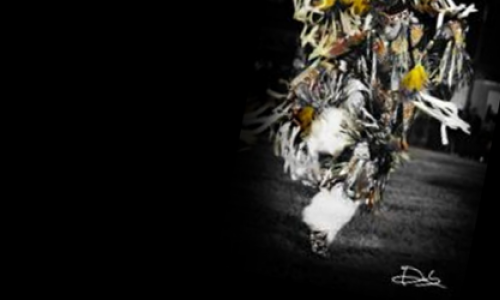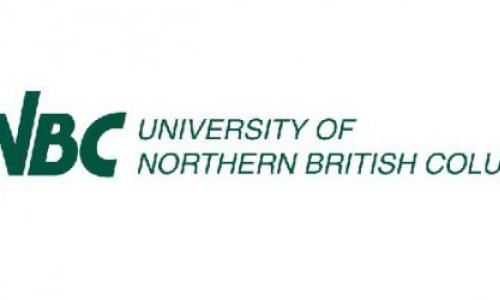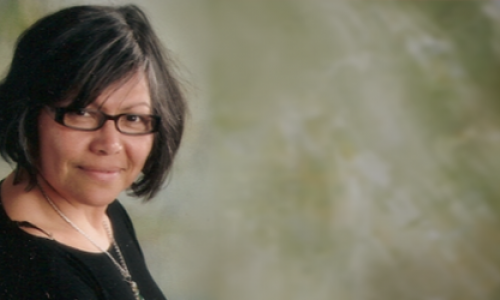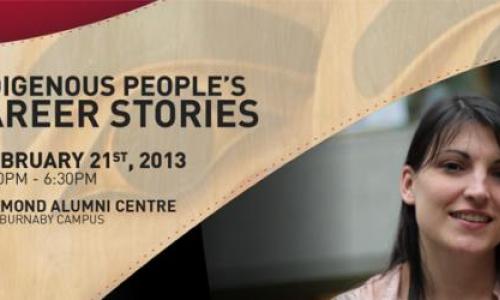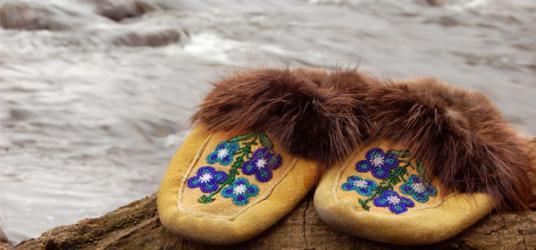
June is Aboriginal History month. Considering the deceptive history, we as North Americans were taught in school, Aboriginal History month is an opportunity to teach and to learn a more accurate view of Canadian history. It is an opportunity to share, not only the troubling reality behind the Aboriginal/Canadian relationship, but to understand the impactful and important contributions to Canadian society by the Indigenous cultures of this country.
As the media continues its focus on conflict, conflict that is valid and necessary mind you, but conflict nonetheless, it fails to recognize and educate the Canadian population about how we have all benefited from Aboriginal knowledge.
“[I]ndigenous cultures of the Americas have produced significant material and non-material aspects of culture. The most obvious examples of great material production come from central America, particularly from the Aztecs, Incas, and Mayans, who developed city states, built massive pyramids, along with other marvelous stone, adobe, and wooded structures, and developed mathematically precise calendars requiring knowledge of astronomy. Throughout the Americas, indigenous peoples developed a wealth of horticultural and agricultural skills (such as terracing and irrigation), foods, products, pharmaceutical and medicinal knowledge, and a fascinating array of techniques, tools, and textiles. Native peoples also invented unique dwellings, efficient means of transportation, precise tools, and numerous other land-based technologies suited to their cultural needs. For example, they practiced perhaps the most effective resource-management systems anywhere in the world.
“On non-material levels, indigenous peoples have invented thousands of wondrous and cultivated languages and literatures, and a great variety of political, economic, and religious systems. Such systems merit special attention because they were based on values that often continue to be relevant in today’s society”
- (LaRocque, pg. 153).
For those unfamiliar with the Six Nations or the Iroquois Confederacy, it was first comprised of the Mohawks, Oneidas, Onondagus, Cayugas and Senecas. This is an example of the oldest known participatory democratic systems aside from the Greeks with their representative democracy. Its influence is evident in the writings of two, of some which consider to be America’s founding fathers, Benjamin Franklin and Thomas Jefferson.
It is important for us to recognize the reality behind Aboriginal History in order to rectify the pervasive ideology that Indigenous culture is the equivalent to a primitive state of being. The Indigenous societies of North America were comprised of sophisticated systems and technologies.
We are not just to be remembered for our traditions; but also, to be appreciated for our contributions to present day civilization; and celebrated for our presence within Canadian society.
References:
LaRocque, Emma.Reflections on Cultural Coninutity through Aboriginal Women's Writings. In Guidmond, Stout & Valaskakis. (Eds.). Restoring the Balance: First Nations Women, Community, and Culture. (2009). University of Manitoba Press. Winnipeg, Manitoba










